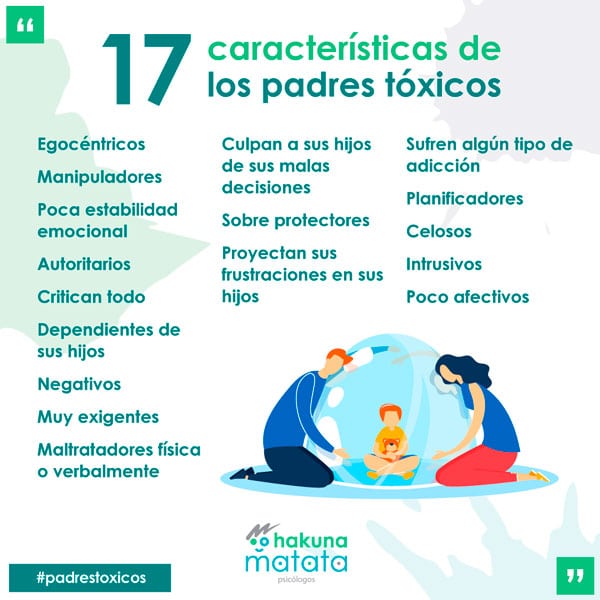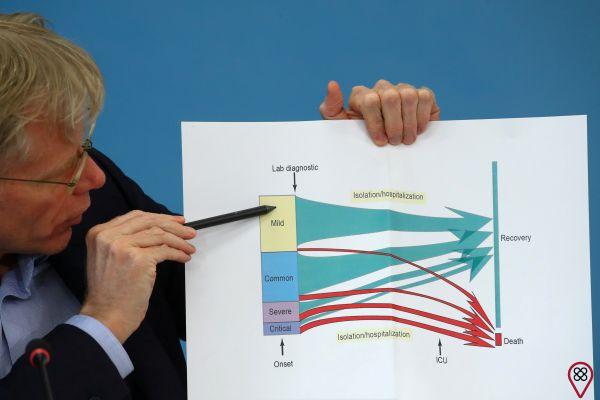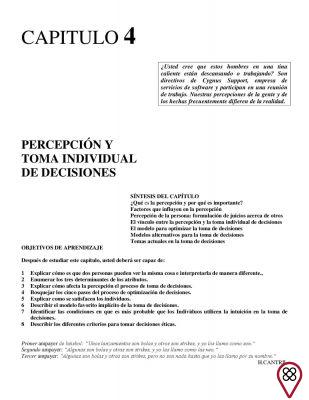
They are controlling, excessively critical and, deep down, know nothing about who their children really are. These are toxic dads (and toxic moms too)! Are you the child of such a father or mother or do you know someone who is? So understand what toxic parents are and how they act!
Before continuing with this article, if you are the one with toxic parents: we're sorry! Understand that it's not your fault, you don't deserve the treatment they give you and their criticisms are not true. If you need help getting out of it, see a psychotherapist as soon as possible.
Now that you understand the subject of this article, let's go to the explanations about what toxic parents are and their common behaviors.
Content Index
What are toxic parents?
In summary, toxic mothers and fathers are narcissistic people, who, because they are like that, behave in a harmful way to their children, causing them feelings such as disrespect, guilt, fear, excessive demand, humiliation, among many others.
While there are people who intentionally mistreat and mistreat their children, most toxic parents are not like that. Toxic mothers and fathers often act in the name of love and care. That is, the motivations are beautiful and sincere, but their behavior is harmful and is very bad for their children.
We list in the next topic some common behaviors of toxic parents, but, in general, toxic parents overprotect and excessively watch over their children, also exaggerating authoritarianism. Thus, the consequence of this is that children often face low self-esteem, low self-confidence and have reduced autonomy.
Common behaviors of toxic parents
As each person has their own personality, it is not possible to “stick” a list of “symptoms” for a toxic parent or toxic parent. However, it is possible to notice some characteristics that are repeated in several fathers and mothers who present this behavior. Are they:
1 – Emotional blackmail
A toxic parent is capable of making emotional bargains that cause guilt and other types of discomfort in their children. “Throwing in the face” financial or time efforts, for example, threatening punishment, recommending a decision and indicating that there will be punishment if done otherwise… In short, there are many types of blackmail.
2 - Exposure of the children's lives
A toxic mother and toxic father simply do not respect their children's privacy and private space. They don't want to know, for example, if their children don't feel comfortable naked in front of them: “Are you going to be ashamed of me? I am your mother”, among other phrases of the type are common.
Finally, they often violate their children's secrets and particularities, exposing facts, situations and events to family and friends without worrying about whether they will cause discomfort to their children.
3 – Overcharge
“Didn't do more than the obligation” is a phrase that children with toxic parents often hear. For them, their children's efforts are never enough and even the greatest achievement is considered a mere obligation, which does not deserve to be celebrated. This encourages children with low self-esteem and extremely self-critical.
4 – They try to control their children’s lives
What course to take in college, starting or ending a relationship, whether or not to accept a job offer… All these decisions that would belong to the children are subject to attempts at control by toxic parents. It's not that they give advice; they impose their will and appeal to guilt and emotional blackmail to be "obeyed."
5 – They don’t understand the arrival of adulthood
You know those fathers and mothers who set home arrival times for children who are over 30 years old? It is a common behavior among toxic parents. And this happens because they do not recognize their children as full and responsible adults, capable of taking care of themselves and making decisions.
6 – Criticize the personality of the children
As a toxic father and toxic mother create ideas of children, they have a hard time accepting their children's personality when it differs from what they imagined. Musical tastes, haircuts, style of dress, personality traits… Everything that differs from what they imagined for their children is subject to violent criticism.
7 – They take their frustrations out on their children
All the disappointments and frustrations that toxic parents have faced in life end up weighing on their children's shoulders. You know that father who imposes on his son a profession that he didn't have the opportunity or couldn't follow, despite having tried? That's what we're talking about. He projects onto his son what he would do when he was there, something that is very bad.
8 - Little participatory
As they only open their mouths to impose and criticize, toxic parents do not really participate in their children's lives, giving advice, welcoming, hugging and having a loving behavior. They don't care at all about understanding their children's needs, because they think they know their children better than the children know themselves.
9 - Demonstrate ignorance
Toxic parents know very little about their children's relationships, professional life, hobbies, and intimacy, because children realize that their parents don't really want to get to know them, so little by little they close in on themselves. Then it happens that parents meet children who, in fact, don't even exist, because they are projections that they made.
10 – They are violent
Whether physically, verbally or psychologically, toxic parents are very violent. These are parents who often spank, offend and use derogatory nicknames or adopt abusive behaviors from a psychological point of view, turning their children's home life into hell.
How to live with toxic parents?
Usually, it is not until adolescence or even adulthood that children discover that they have toxic parents. Maybe it is possible to talk, dialogue and set limits. But, if it's not possible, some attitudes can be taken to have more well-being. And let's start with the most drastic of them:
1 – Afate-se
We grew up hearing and seeing in soap operas, movies and other representations that family has to stay together and love each other despite everything. Don't fall for it! Don't be afraid to walk away from family members who don't respect you, even if you've set boundaries — and even if they're your parents!
If you can afford it, moving out of your parents' house can be a good idea to avoid daily wear and tear. If you don't have the financial structure for it, don't hesitate to walk away, such as avoiding meals together, not accepting on social media and so on. The important thing is that you feel good.
2 – Stop feeling guilty
Easy to say, right? Yes, much easier than done. What happens is that children of toxic parents often make their decisions thinking, “What would my father or mother want me to do?”. And here comes the guilt when the parents' wishes are thwarted...
Gradually work on the idea that you are the owner of your life, so your decisions need to please you, not your parents. Gradually, you will come to understand that if you let them down, it's their fault, that they projected something onto you, not yours, for being unable to be who they want.
3 – Understand that it may not be possible to change
“I'm going to have this conversation with them and everything will be different”, thinks a child of toxic parents. But what comes next is disappointment… Even if parents understand and are willing to change, narcissism is usually in their nature.
So stop punching the knife. Accept that maybe they won't change and understand that changing them is not your responsibility. They should try to change in order to have a harmonious relationship with their children. Isn't it what you would do in their place?
You might also like:
- Learn about people who emotionally manipulate
- Understand how much our parents influence who we are
- How to differentiate a toxic relationship from a normal relationship?
- Change perspective and see that we can all be toxic
- Toxic vs abusive relationships – are you in a toxic relationship?
4 – Stop internalizing what they say
Everything they say you're incapable of doing, all the insults and aggressions… Fight it! Don't allow yourself to take these things for granted. If necessary and it helps you to visualize, write down what you hear offensive from them and then arguments that prove it is not true.
Because the fact is, toxic parents are often wrong, because they twist the truth to fit what they want to believe. So questioning this is really essential. Anyway, don't take what they say personally.
5 – Set limits
Don't you want them to enter your room without knocking on the door or feel uncomfortable for them to come into the bathroom when you are showering? Enforce rules and limits. And make sure those rules are followed. Think about how you can make the boundaries follow without creating new conflicts.
Anyway, these are just some tips that can help children of toxic parents to deal with them. If you feel like you need help dealing with the damage caused by these abusive relationships, seek psychological help! And remember: you are nothing like what they say! You are entitled to be full, happy, and fulfilled—and you will!

























